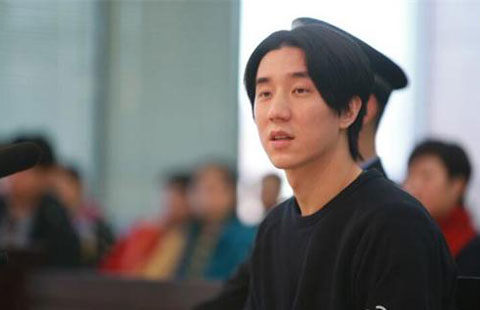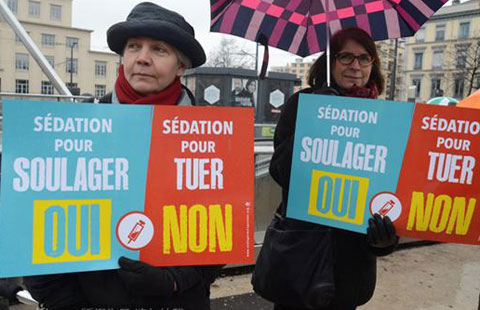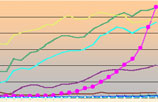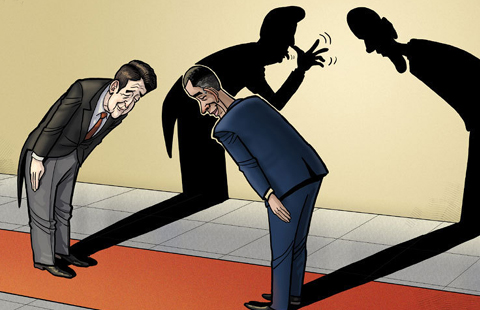国企降薪令(guo qi jiang xin ling): State-owned enterprises pay reform
(China Daily) Updated: 2014-08-22 08:38Addressing the fourth meeting of the Central Leading Group for Comprehensively Deepening Reforms on Aug 18, President Xi Jinping said the income distribution system in State-owned enterprises will be gradually regulated to reduce the gap in the salaries of top-and bottom-level employees.
For long, it has been debated that the unreasonable salary structure and inadequate supervision system in SOEs have held back their development. SOEs have made great contributions to China's economic development, yet many critics say their pay structure is grossly unfair on two counts.
First, front-line SOE workers do most of the work but are paid the least, while executives enjoy not only special treatment but also unreasonably high salaries and perks. And second, some SOEs have taken advantage of their monopoly positions to earn huge profits but still seek subsidies from the government and shirk their social responsibilities.
A discussion on how to reform top-level SOE employees' salary structure is the first and most crucial step in regulating the income distribution in SOEs. Moves to promote social fairness, ease social anxiety and carry forward overall reform can follow the salary reform.
Discussions are also needed on how to fix the appropriate range of salaries in SOEs and design the new pay structure. But the salary reform in SOEs should consider market factors and avoid simple cuts in executives' pay. In addition, the salary of executives must be linked to their SOE's performance and contribution to society.
Since SOEs are the backbone of the country's economy, the executives' salary levels - along with their position-related perks - should be strictly regulated. No matter how tough a reform is it will succeed if the authorities have the determination to break through the barriers of interests.
(China Daily 08/22/2014 page9)











